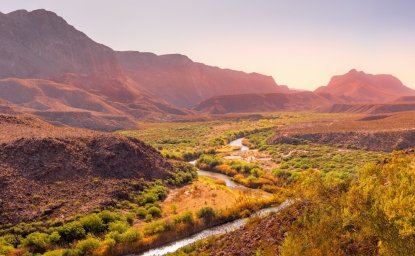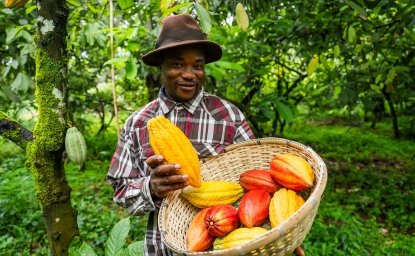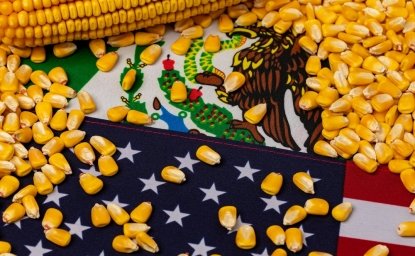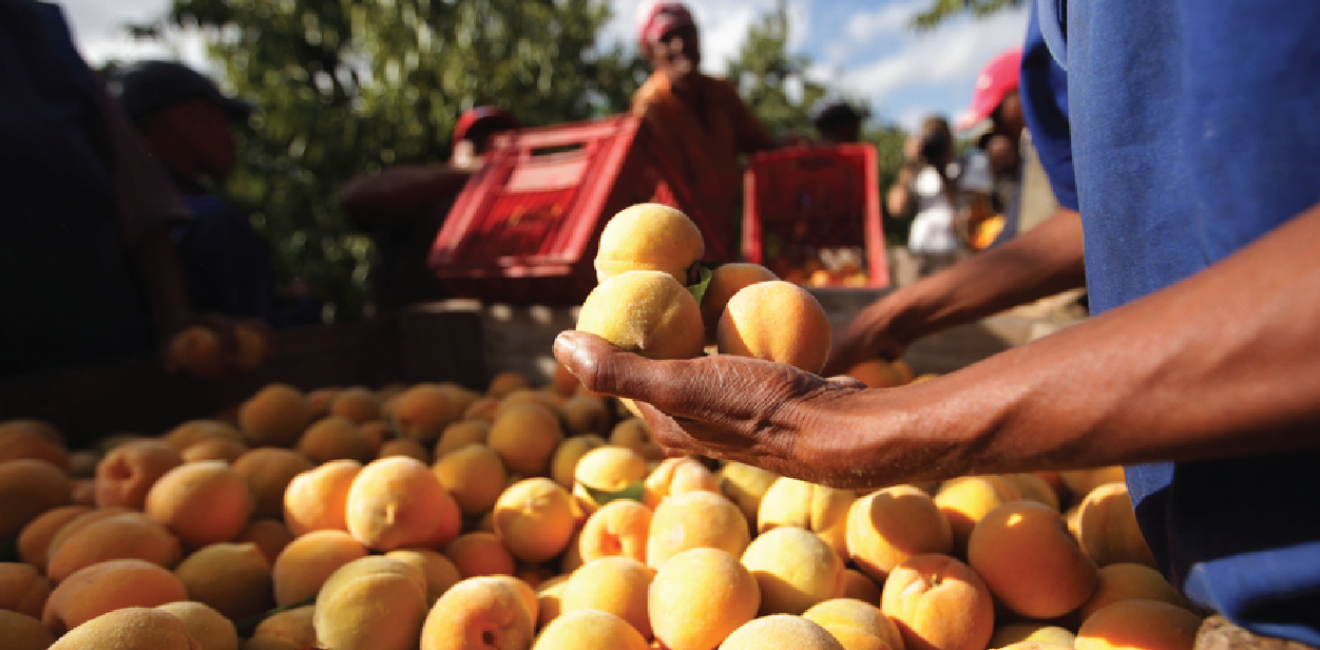
South Africa is currently in its rebuilding phase from the economic shocks of Covid-19. Agriculture is the one sector of the economy that maintained positive growth momentum in 2020 and into 2021, which policymakers identified as part of the sectors to drive economic recovery and job creation. This sector’s potential is also true for much of the African continent when one considers the constraints faced by the manufacturing sector, combined with challenges presented by domestication or regionalisation of global supply chains in manufacturing. Decision-makers must position agriculture more deliberately as a sector that could contribute to economic growth and job creation. This article limits itself to the growth possibilities of agriculture in the South African context.
Efforts to expand agricultural activity will involve several interventions. These include overcoming logistics and supply chain bottlenecks, improving the network infrastructure and governance in municipalities, and refining the regulatory environment to encourage private sector investment in underutilised land.
The State alone cannot create meaningful change in the sector, more so with constrained fiscal space and a range of other challenges related to weak state capabilities. For this reason, the South African government and the private sector have formulated a Master Plan process, anchored on Public-Private Partnership, to promote growth, improve competitiveness, ensure food security, and achieve inclusion. Working with the private sector helps the government leverage resources and dynamic capabilities that lie within the private sector and sources of capital that are outside of the State.
However, the one major factor that remains the elephant in the room regarding the expansion of agriculture is the country's land reform policy.
Land reform is one of the unavoidable policy discussions that have dominated South Africa's agricultural policy landscape since the dawn of democracy in 1994.
This is not unique to South Africa. Societies going through political transitions grapple with land reform questions, especially on the African continent, where historical developments entailed land dispossession with policies that created a skewed distribution of critical assets such as productive land. Like other countries around the globe, South Africa's land reform policy is intended as a corrective policy instrument to past injustices, which stripped black South Africans of their land and assets. The policy was implemented in 1994 and operated under three pillars: redistribution, restitution and land tenure.
As I recently noted in The Conversation, in 1994, white farmers owned 77.580 million hectares of farmland out of South Africa's total surface area of 122 million hectares. The new democratic government set a target of redistributing 30% of the 77 million hectares within the first five years in government. This target has been consistently moved over the years, and now the aim is to reach 30% by 2030, in line with the National Development Plan's agriculture and land reform objectives.
The estimates by Stellenbosch University agricultural economists Professors Johann Kirsten and Nick Vink suggest that the government is closer to meeting the target, having achieved roughly 20% already through the land redistribution and restitutions pillars of the land reform programme.
Still, this progress on land reform has not improved the economic conditions of many black South Africans as the government has failed to transfer the land rights to beneficiaries so they could use it as collateral to attract investment funding. Even the recently announced 700,000 hectares of land released as part of the economic growth agenda had similar constraints, with beneficiaries receiving non-tradable land leases.
At the same time, there is an ongoing debate in South Africa about the potential amendment of the Constitution to enable the expropriation of land without compensation, provided that such a change does not negatively affect the economy and food security. However, legal scholars have argued that the slow pace of land reform over the past two decades was not a fault of the constitutional framing; instead, it was a result of the weak institutional framework and (weak?) government departments tasked with land reform .
As the statistics above also show, there has been progress in acquiring land, but the failure has been mainly on ensuring that the acquired land by the State is utilized productively. Hence, the discussion about the possible amendment of Section 25 of the Republic of South Africa Constitution on arbitrary deprivation of property may be unhelpful to the country’s interests in exploring options for economic growth and job creation in agriculture.
South Africa is not short of solutions of what could be done to simultaneously resolve its land reform challenge and drive economic growth. One such solution had come from the country's president, Cyril Ramaphosa, when he announced the creation of the Land Reform and Agriculture Agency in his State of the Nation Address in 2021. This new Agency could be the driver of land redistribution and leverage the private sector expertise and resources to remove the process from political and bureaucratic control. The State's only role would be to create an enabling environment. The heavy lifting would be the task of landowners, agribusinesses and large corporations (as explained at greater length here).
Moreover, the Advisory Panel on Land Reform and Agriculture provided some options for sustainably accelerating land reform while maintaining strong property rights in South Africa. Some of the proposals the panel outlined for the South African government merely require political will to achieve and do not require legal modifications. These proposals include the following:
- Create innovative financing mechanisms for land reform (land reform fund)
- Create a 'land register' to house donations
- Identify and release state land
- Root out corruption
- Reallocating water rights in conjunction with land allocation
In essence, South Africa's attempt to use agriculture as one of the sectors to drive economic growth and job creation means facing the land reform challenge head-on. Given previous experience, and as legal scholars have argued, the effort to amend the Constitution is not an appropriate intervention; instead, the focus should be on growth and investment-friendly approaches. In the era of the COVID-19 pandemic, the policy toolbox to drive economic recovery and sustained growth is depleted, a reality that confronts many developing and emerging economies such as South Africa. Agriculture holds the potential to drive growth, create jobs, and restore confidence. This will require the government to remove regulatory constraints to growth, including those related to logistics and other infrastructure, improve governance at the municipality level, which is key to service delivery, and work closely with the private sector to expand production and international trading opportunities.
Author


Africa Program
The Africa Program works to address the most critical issues facing Africa and US-Africa relations, build mutually beneficial US-Africa relations, and enhance knowledge and understanding about Africa in the United States. The Program achieves its mission through in-depth research and analyses, public discussion, working groups, and briefings that bring together policymakers, practitioners, and subject matter experts to analyze and offer practical options for tackling key challenges in Africa and in US-Africa relations. Read more

Explore More
Browse Insights & Analysis
Water Security at the US-Mexico Border | Part 1: Background

China and the Chocolate Factory

Ongoing Debate: The Prohibition of GMO Corn in Mexico

